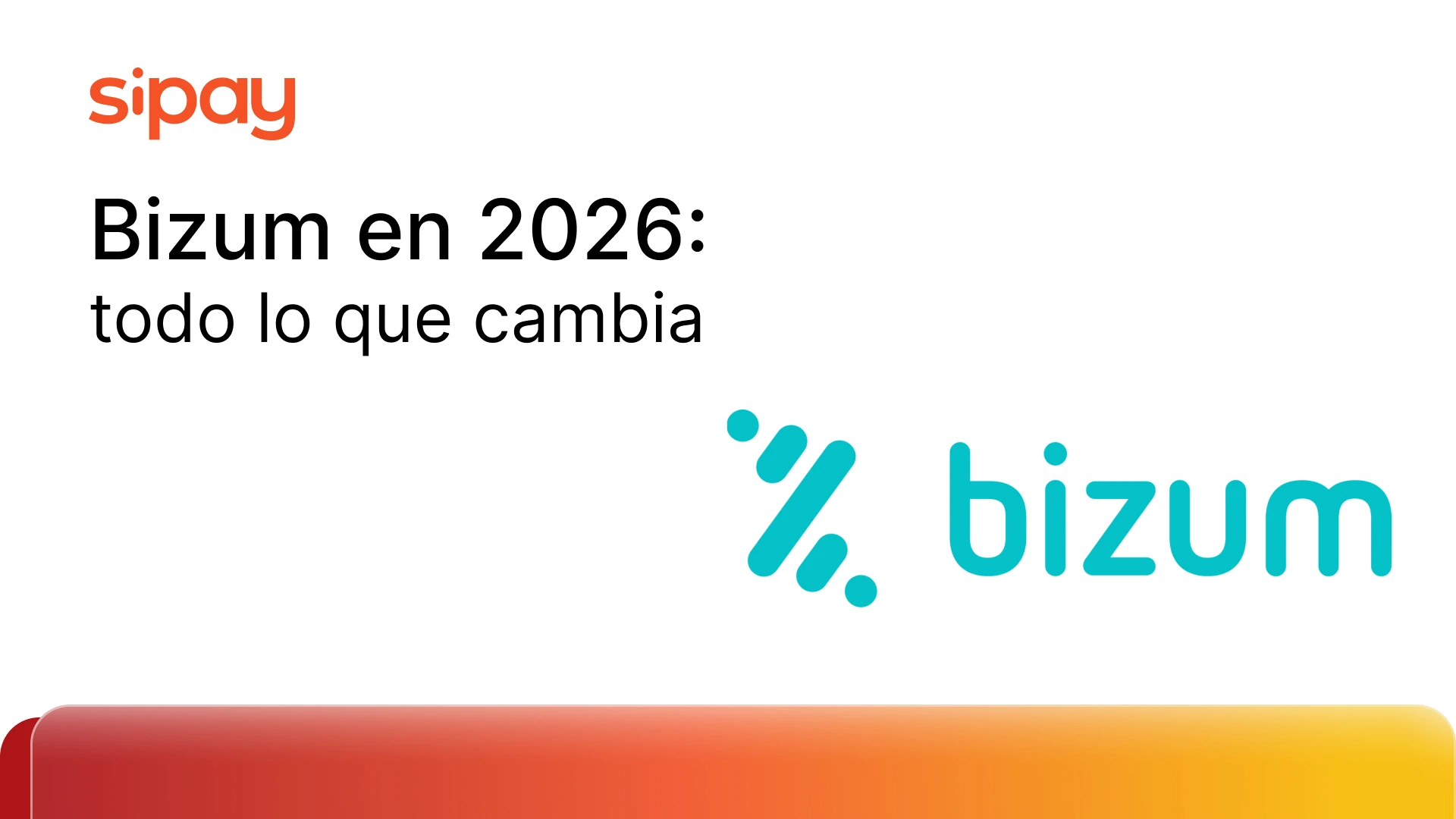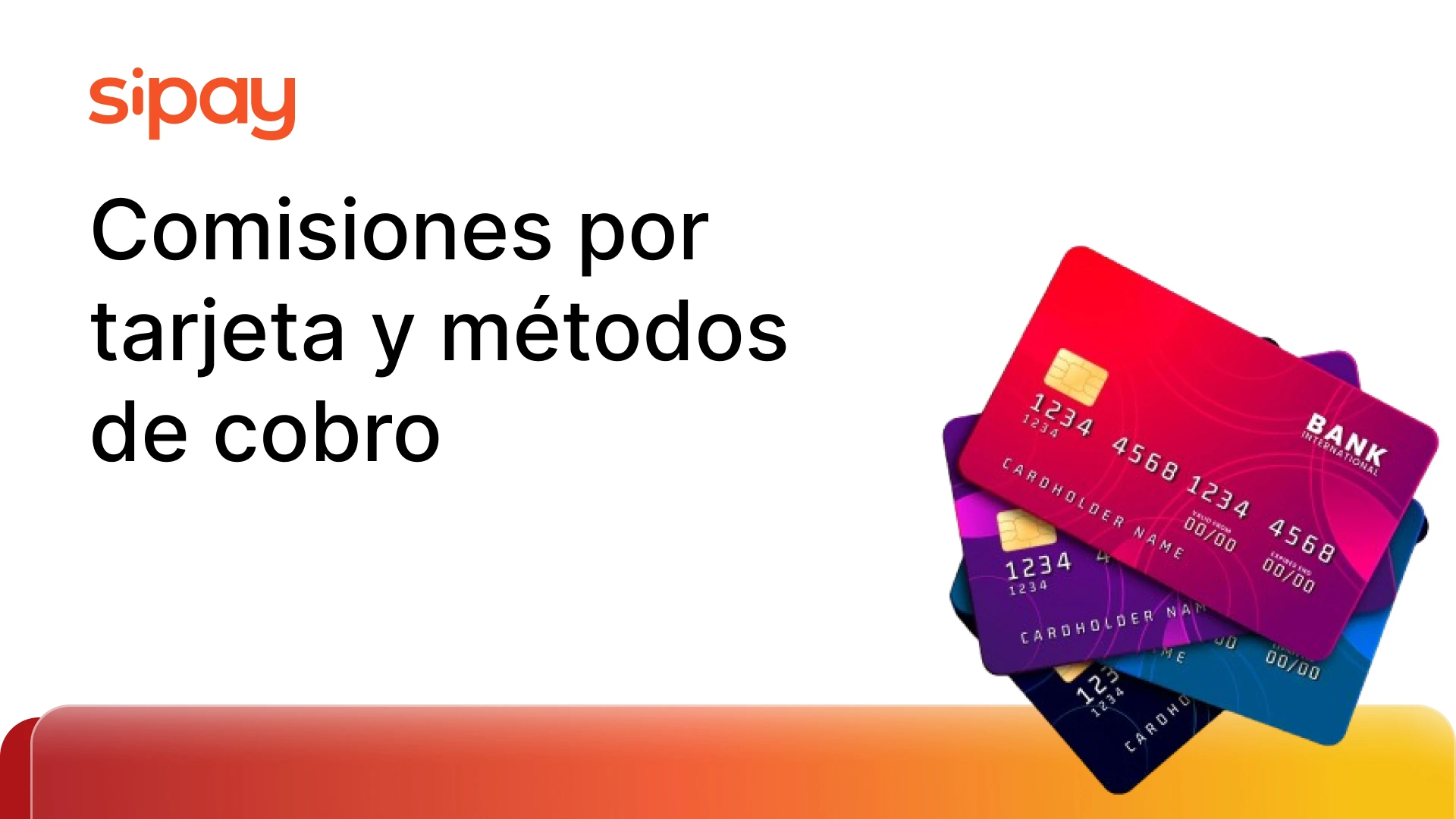Sipay Plus, is the first Spanish payment gateway in Europe that has obtained once again all the security certifications of the payment method sector.
Sipay Plus, obtains for the third consecutive time the PCI DSS certification, this time in its latest version 3.2 Level 1, which is the maximum data security and infrastructure accreditation in the payment methods sector granted by the open global forum PCI DSS Standard Council, founded in 2006 by the five big card brands for the formulation, improvement, storage, diffusion and continuous implementation of security standards for accounts data protection.
After a rigorous audit conducted by the consulting and auditing IT specialist company A2Secure has obtained the PCI certification for all its solutions thus, becoming the first European payment gateway to comply with the maximum security standards.
- Sipay Plus (Card present – POS), card transaction processing at the point of sale (POS).
- Sipay E-commerce and Sipay Mobile (Card not present), ecommerce payment gateway where card data is processed and stored in a secure vault (tokenization) using strong cryptography.
- Sipay MO/TO (Card not present), email and telephone transactions where Sipay receives a payment request and sends to the client an email or SMS with a unique URL to process the payment securely.
- Secure payment processing through call centre.
- Sipay Token (Tokenization/Vault), card data storage in a secure vault by replacing it with a unique token in the clients’ systems.
- Clearing and Settlement: during the clearing process, transaction information is exchanged between the bank and the acquirer. On the other hand, the settlement process involves the transfer of funds between the card issuer and the acquiring bank to complete the payment transaction.
Thanks to the PCI DSS 3.2 Level 1 certification, Sipay can continue to guarantee its customers the maximum security, quality and innovation via an omnichannel and will continue to implement all the necessary resources against fraud by protecting the infrastructures that process, transmit and store debit or credit card data.




